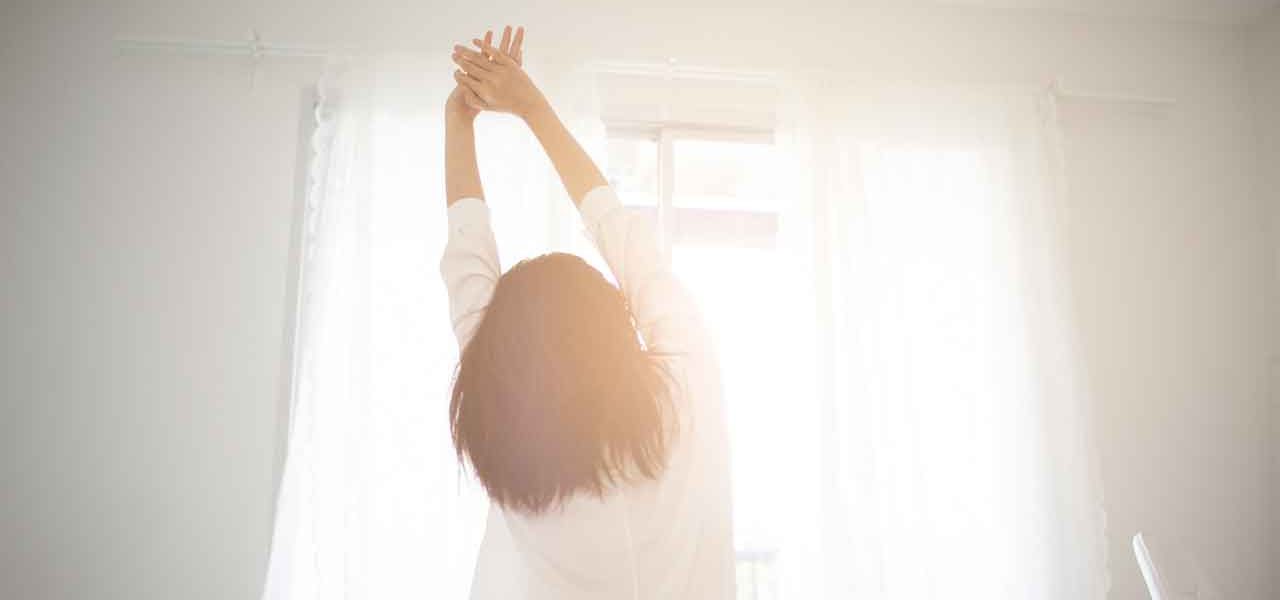May 29, 2018
The Power of Popularity

An email pops up in my inbox every so often that I absolutely dread. Its subject line starts out innocently enough, “Jennifer, people are looking at your profile,” but its implications send me down a rabbit hole of worry. I initially experience a small thrill, excited that someone (maybe more than one!), somewhere wants to know more about me. Depending on the day I’m having, that one subject line can be a massive ego stroke. Once the thrill has faded, my excitement turns to a niggling sense of disappointment – in myself. How can I be so beholden to the interests of others? How can I even think for a moment that my self-worth is wrapped up in a few profile clicks on LinkedIn?
YOU MIGHT ALSO LIKE: Are You Addicted to the Internet?
These thoughts swirl by in a matter of seconds. Sometimes I open the email, which inevitably leads to another mentally turbulent mixture of excited interest and, ultimately, disappointment. Perhaps some well-known professional has looked me up (exciting!), which makes me wonder why they’re interested and why they haven’t yet sent me a connection request (disappointing). “How dare they not want to connect with moi?!” I say to no one but myself. Perhaps my number of profile views has risen – or dropped – from the preceding email … yet another observation that, within seconds, can cause a small frisson of euphoria or a big sense of disappointment.
Like most people I know – no matter their age – I like being liked. Who doesn’t? But social media platforms like LinkedIn, Twitter, Facebook, and others put a whole new spin on the power of popularity and the self-worth people derive from these tools. Don’t get me wrong: I spend half my workday monitoring and distributing content via these social networks. Followers, retweets, shares, and the like are all useful metrics with which to gauge the value of that content. It’s when these stats begin to affect my attitude on a personal level that I know I need to back off.
It’s a fine line to negotiate in this day and age of digital media, especially when you’re a parent. My husband and I do our very best to make sure our daughters are accessing age-appropriate content on the internet, but lately our 10-year-old (the oldest) has asked if she can start liking and commenting on her favorite YouTube videos. She’s also asked about joining and posting to various social networks. Questions like these propel me down into the rabbit hole of worry again. I’m fearful that she’ll encounter online predators and trolls, or, on the flip side, become so addicted to the online world that she ties her still-developing self-worth to an online alter ego that no one can live up to in real life. It’s a can of worms that I’m not prepared to open just yet. It’s also one that I realize I can’t avoid opening forever. Today’s “10” seems to be yesterday’s “15” and I know that sooner rather than later she’ll have the opportunity to commence social networking away from the watchful eyes of her parents. In the meantime, it’s up to us to encourage her to forgo screen time for real-life relationships – to prefer bike rides to Minecraft – to understand that the power of popularity can only take hold of you if you let it.


